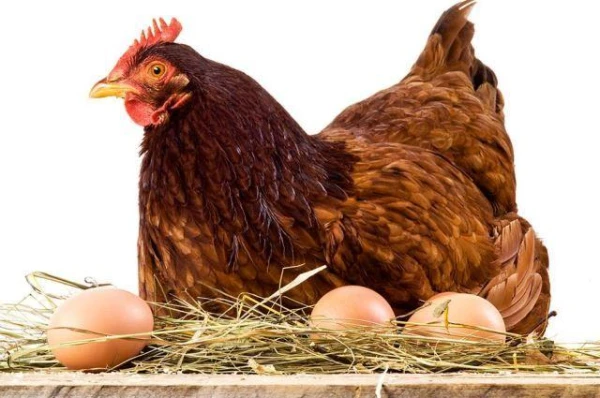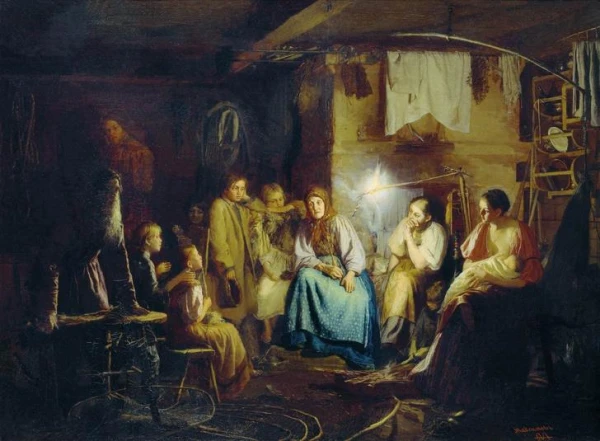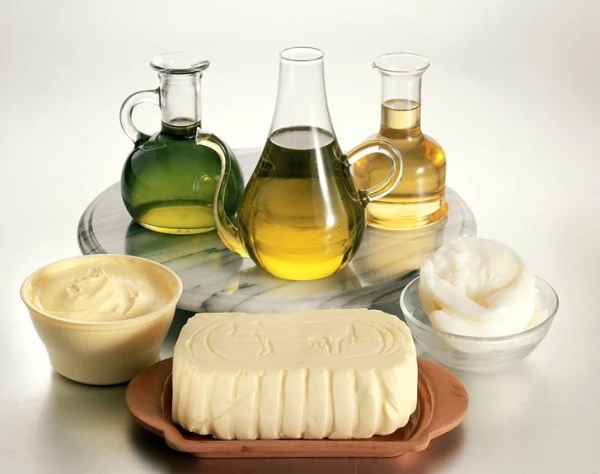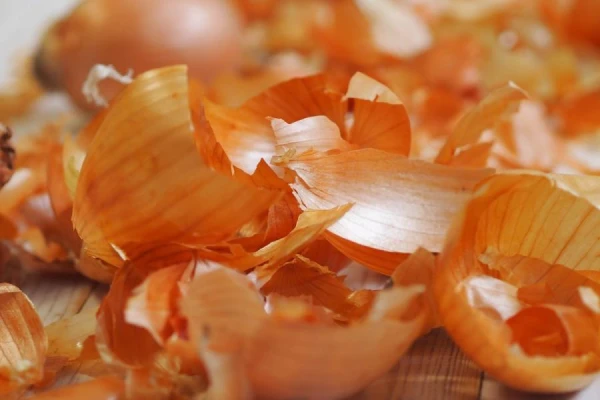
On November 13, Orthodox Christians remember Saints Spiridon and Nikodim of the Caves, who lived in the 12th century. In the folk calendar, this day is called Nikodim’s Day. At this time, our ancestors actively prepared for the winter season. The holiday has its own traditions and omens. We will tell you about them.
Spiridon and Nikodim, who are honored by the Orthodox Church on November 13, were prosphora bakers in the Kyiv-Pechersk Monastery. According to tradition, they lived in the Near Caves, where they baked prosphora for three decades.
Saint Spiridon came to the monastery at a mature age. The writings mention that he was a pious and hardworking man. While working, he constantly prayed and sang psalms. In the monastery, he learned to read and write.
For his obedience, the Almighty rewarded Spiridon with the gift of healing. He helped the sick and gave wise advice. People came to him from afar to receive help and left healed and enlightened.
Saint Nikodim did not lag behind, working alongside Spiridon. He was as diligent a worker and ascetic as his older mentor. One of the legends states that the saints saved the Near Caves from a fire that unexpectedly broke out in the bakery during work. Spiridon extinguished it with his mantle. None of the workers were harmed.
Since then, Spiridon and Nikodim have been considered protectors of homes from fire. These saints also protect families from other troubles.
Folk Calendar: Spiridon and Nikodim
In the folk tradition, the holiday dedicated to the prosphora bakers of the Kyiv-Pechersk Lavra had various names. Some called it “Spiridon and Nikodim,” others “Spiridon,” “Nikodim,” “Nikodim’s Day,” while others referred to it as “Autumn Farewell” or “Yurov.”
In ancient times, on November 13 (October 31 in the old style), our ancestors said goodbye to autumn. Traditionally, on the day of Spiridon and Nikodim, people took care of their chickens. The birds were moved to winter shelters to prevent them from freezing.
The winter chicken coops needed to be insulated in advance. “If you didn’t insulate the coop on Spiridon, you squandered your wealth,” our ancestors would say. Young hens were separated from the old ones. The weak ones were sent for slaughter.
Another tradition was the festive table. The main dishes were those prepared from chicken meat. Housewives cooked chicken noodles, baked chicken pies, made cutlets, and stuffed chickens with vegetables.
Spiridon and Nikodim Day: What to Do
In ancient times, every Orthodox holiday began with a festive service in the church. On Nikodim’s Day, our ancestors went to churches to pray to Saints Spiridon and Nikodim, who were considered protectors from various troubles. They were called patrons of families with children.
Residents of northern regions, who referred to the holiday as “Yurov,” went fishing — at this time, they caught red fish that came easily to hand. The first catch had to be sold to buy church candles for the prayer service. Our ancestors knew that if this was not done, trouble could come to the house.
Spiridon and Nikodim: Folk Omens
On Nikodim’s Day, one could learn what weather to expect in the near future and what winter would be like. The wind, stars, trees, and birds served as indicators. They judged upcoming changes based on these signs.
If a strong wind blows on Nikodim’s Day, warm weather is not to be expected. Many bright stars in the sky herald a good winter: without slush and severe frosts.
Pay attention to the sparrows on Nikodim’s Day. If they chirp loudly, it means warm days are ahead. The length of winter can be judged by the trees. If they have many leaves, it indicates that winter will be long and prolonged.
Spiridon and Nikodim: What Not to Do
On Nikodim’s Day, our ancestors, fearing encounters with dark forces, tried not to talk to strangers and not to let them into their homes. For the same reason, they did not pick anything up from the ground: neither strangers’ money nor lost items. They especially feared picking up buttons, believing it could lead to spoilage or the evil eye.
If they did pick up money, they tried to give it to those in need as quickly as possible. In this case, one could expect good fortune in the following year.














Leave a comment